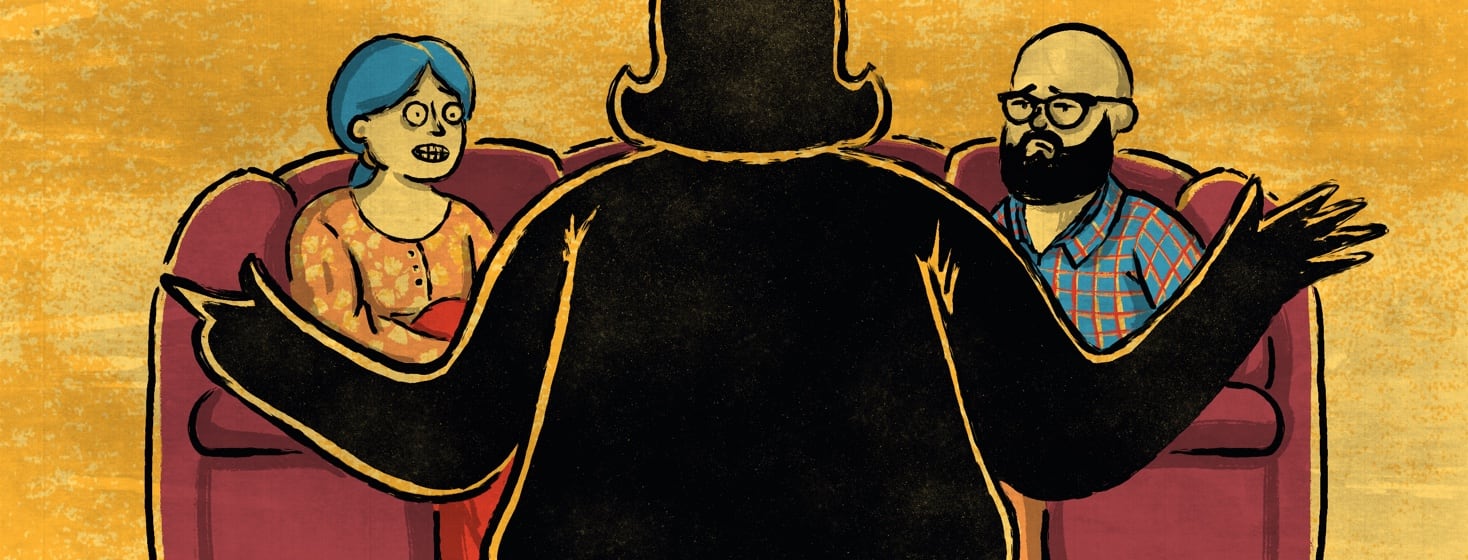Dear Friends, Family, and Coworkers: I Have Rheumatoid Arthritis (RA)
This article is for my dear friends, family, and co-workers. I wanted to let you know that I have a diagnosis of rheumatoid arthritis (RA). If you're reading this, I hope you find this article on RA helpful. Let’s please use this as a starting point to further a discussion I would like to have with you.
RA is not osteoarthritis
Rheumatoid arthritis is an autoimmune disorder. My immune system is confused and does not work correctly in my body. RA causes joint erosion and deformity. RA not only attacks my joints but also can attack various body systems and organs. The disease is very unpredictable when it affects a person.
Please do not confuse rheumatoid arthritis with osteoarthritis. They both are very debilitating and very different diseases. RA is not a result of the aging process. It is not just a joint issue, but an issue with my immune system. This disease affects my joints, my body systems, and my organs.
A compromised immune system
The disease makes it hard to fight off viruses and infections. A simple cold could be the cause of a visit to the hospital for me. I need to be extra careful to sanitize my home frequently and practice proper self-hygiene. Large crowds of people can present problems because my immune system is low, and I run a high risk of catching a virus. I have to be careful when I plan my outings.
RA can happen to anyone
RA can affect any gender, race, nationality. Anyone at any age can be diagnosed, even babies and children. There currently is no cure. Doctors and scientists do not know the exact cause of RA.
RA flareups and remission
Flareups are periods of time in which my immune system is actively attacking my joints and organs. Flareups can last a few days to several weeks or months. Remission is when my disease is not active in my body. Remission is the current goal of my treatment.
This or That
Are you newly diagnosed (1 year or less) with RA?
What my RA may look or feel like
My joints may appear very swollen and may be warm to the touch. Also, my joints might not be swollen. It does not mean that my disease is not active. I may show no outward physical signs of my disease. RA can be a disease invisible to the eye. It can be referred to as an “invisible disease”.
Constant fatigue and pain
I may feel like I have the flu and run a low-grade temperature. I will experience extreme fatigue and chronic pain. I will experience the type of fatigue and pain that can affect my ability to sometimes take care of myself.
Loss of grip and mobility
Sometimes the disease causes me to drop things. RA can affect my hand grip and strength. I may experience numbness and, at times, tingling in my hands, feet, and other body parts. My body gets abnormally stiff during periods of inactivity. The mornings will always present a challenge and I will be stiff.
This stiffness gets a little better once I start moving. However, once my body rests, it will become stiff again. My energy level will at times be low to non-existent. Chronic pain will also make sleeping very difficult at times.
Cognitive, emotional, and social impacts
At times, RA may affect my brain and I might not be able to think as clearly as I usually do. The unpredictability of the disease, chronic pain, and fatigue make it difficult to plan things. Losing function in my body affects every part of my life. This being from my home life, work-life, and social life. Things I once did, I now find myself unable to do. I will be going through an ongoing grieving process.
What does my RA treatment look like?
My treatment will be overseen by a specialist in autoimmune diseases, known as a rheumatologist. A treatment plan can include specific medicine including disease-modifying anti-rheumatic drugs (DMARDs), pain management (pain medication, complementary therapies, or acupuncture), proper nutrition, massage therapy, occupational and physical therapy, etc.
My rheumatologist needs to find the right medicine to help my RA. Please know finding the right medication and combination of treatments may take time.

Join the conversation